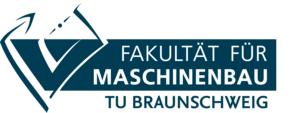
The illustration below gives an overview of the institutes of the Faculty of Mechanical Engineering. It depicts a classification according to the research areas. The relevant areas of specialization (important for the students) is available here. In addition, this brochure provides a short compilation of the scientific activities at Technische Universität Braunschweig, including the institutes of the Faculty of Mechanical Engineering.